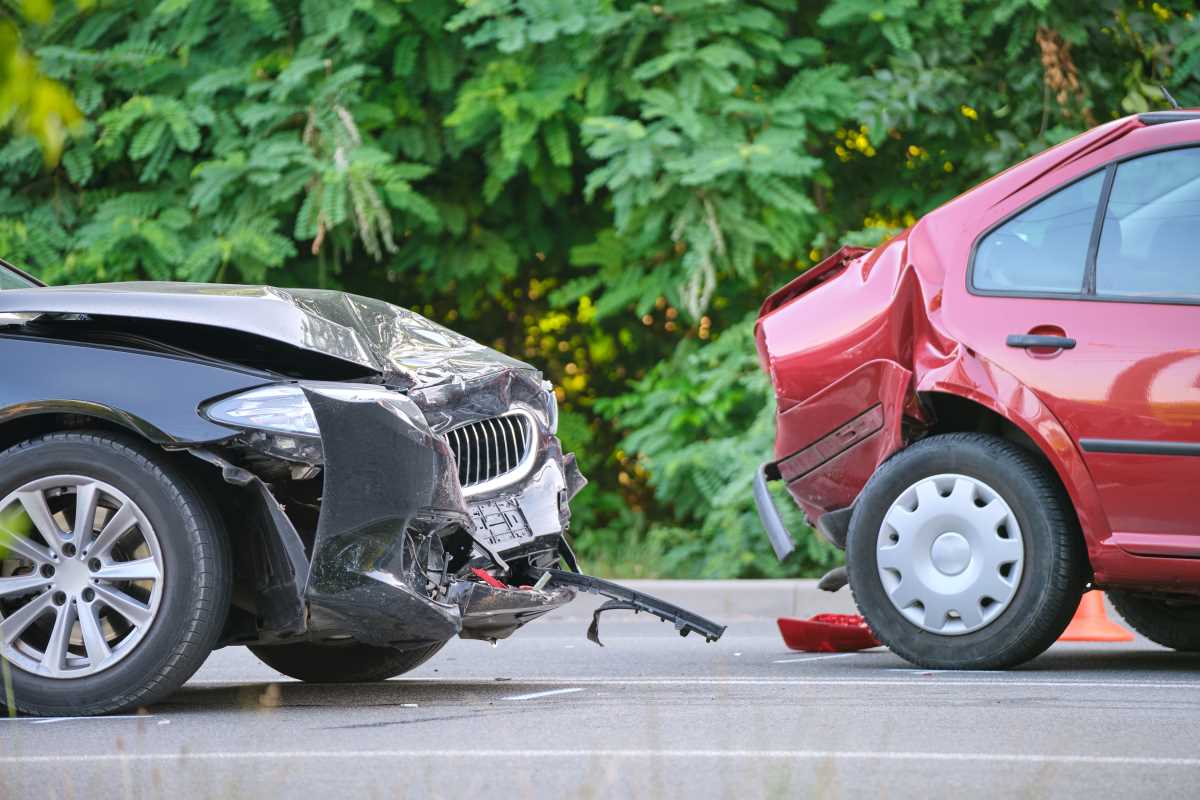Hitting your 50s and beyond often comes with some nice perks: more wisdom, more stability, and hopefully, more time to enjoy the open road. It can also be a golden age for your car insurance rates. After decades of driving experience, insurance companies often view you as a safer, more reliable driver, which can translate into significant savings. However, this isn't a time to put your insurance on autopilot. Life changes like retirement, downsizing, or adding a new driver to your policy can have a big impact on your coverage needs and costs. Understanding the unique discounts and options available to mature drivers is key to making sure you have the right protection at the best possible price. This guide will walk you through the best car insurance strategies for drivers over 50, helping you leverage your experience to secure great rates.
Your Experience is Your Best Discount
For years, you've navigated traffic, merged onto highways, and parallel parked like a pro. Insurers reward that experience. Drivers in their 50s and 60s often enjoy some of the lowest car insurance premiums of any age group. You've moved past the high-risk statistical bracket of younger drivers and have a long history to prove your responsibility behind the wheel. Many companies offer a specific "mature driver" or "senior" discount that automatically kicks in around age 50 or 55. It's their way of acknowledging that you're less likely to engage in risky driving behaviors. This is a great starting point, but the savings don't have to stop there.
Sharpen Your Skills for More Savings
Even with decades of experience, a refresher course can pay off. Many states and insurance providers offer a generous discount for completing an approved defensive driving course. These classes, which are often available online and can be completed in a few hours, refresh your knowledge of traffic laws and safe driving techniques. Upon completion, you submit your certificate to your insurer to receive a discount that can last for several years. It's a small investment of time that provides a guaranteed return, proving to your insurer that you are proactive about safety.
Let Your Good Habits Pay the Bills
If you're confident in your safe driving habits, a usage-based insurance program, or telematics, might be a perfect fit. These programs use a small device or a smartphone app to monitor how you drive, tracking things like your speed, braking habits, and the times of day you're on the road. For mature drivers who tend to avoid late-night driving and aggressive maneuvers, this can be an easy way to earn a substantial discount. It allows your premium to be based on your actual, real-world driving behavior rather than just statistics for your age group, rewarding your safe practices directly.
Big Life Changes Mean Big Savings
Retirement can change your driving habits dramatically. If you're no longer commuting to work every day, your annual mileage will plummet. Be sure to report this change to your insurance company. Switching your vehicle's use from "commuter" to "pleasure" can result in a significant premium reduction. Fewer miles on the road means less exposure to risk, and your insurer will adjust your rate accordingly. This is also a great time to re-evaluate your coverage needs. If you have an older second car that's now used only for occasional errands, you might consider reducing its coverage to save money.
Bundle Up and Pay Upfront
One of the easiest and most effective ways to save money is to bundle your policies. If you have your auto insurance with one company and your homeowners, condo, or renters insurance with another, you are likely missing out on a multi-policy discount. Combining them with a single provider can often save you 10% to 25% on each policy. Additionally, look at how you pay your premium. Opting to pay for your entire six-month or annual policy in one lump sum instead of monthly installments can often unlock a pay-in-full discount, as it reduces administrative costs for the insurer.
Smart Choices for Your Family and Your Car
As your family's needs change, so will your insurance. If you're adding a newly licensed grandchild to your policy, be sure to ask about good student discounts. When it's time to buy a new car, remember that your choice of vehicle matters. A car with top safety ratings and features like anti-lock brakes, airbags, and anti-theft systems will be cheaper to insure. A practical sedan or SUV will almost always cost less to cover than a high-performance sports car. It’s also a good time to review your medical payments coverage and uninsured/underinsured motorist limits to ensure you have adequate protection for your health and assets.
 (Image via
(Image via





